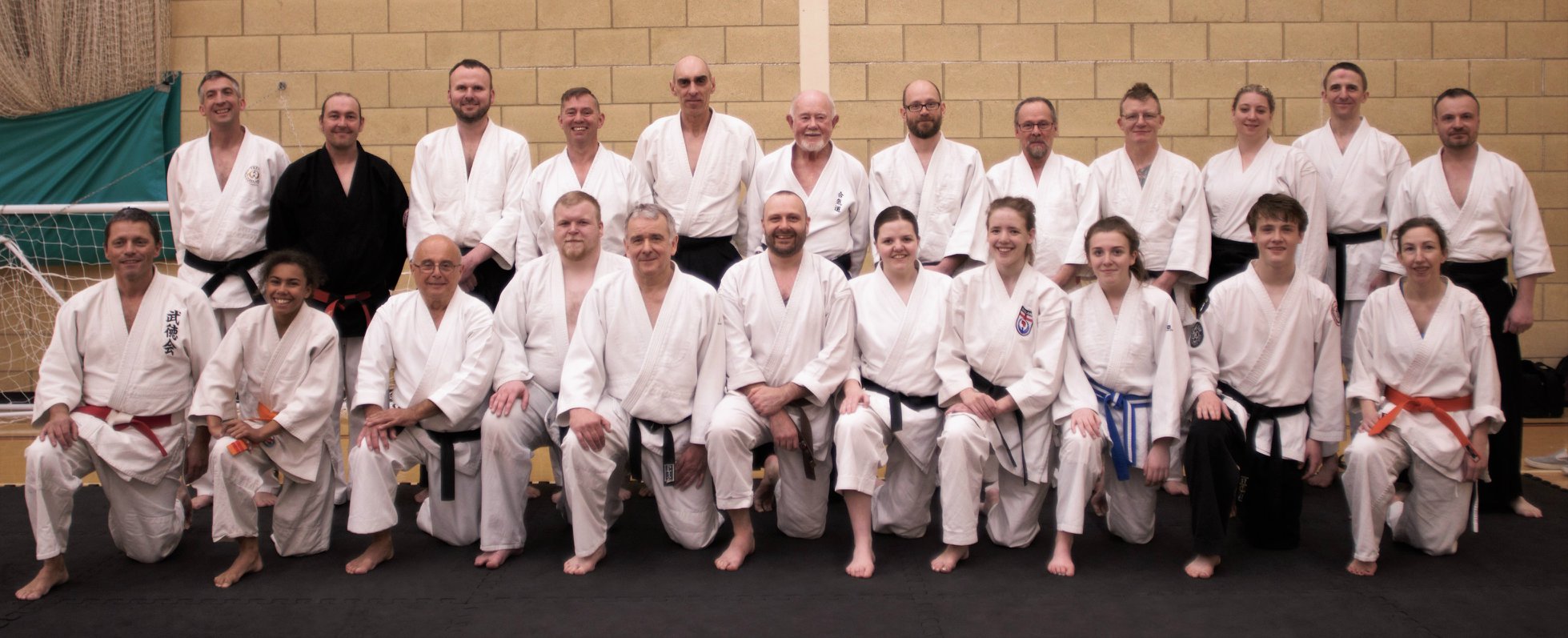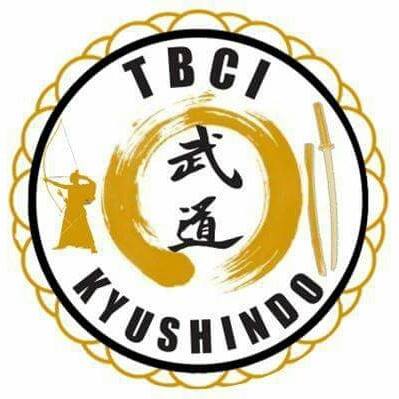Within the techniques of BUDO are demonstrated every moral law of the universe.
Universal law is based on the principle of love, nourishing and helping all creatures. When we depart from this law, the result is conflict and strife. The heart of Aikido lies in appreciation that any form of attack is immorality. This does not mean that we do not attack sincerely as seems to be the custom in many dojo’s but that we put ourselves morally in the wrong, in order to help and assist our opponent. Therefore it follows, that when we attack with intent and sincerity, the seed of defeat has already been sown. If we meet such an attack with aggression, or the idea of a fight, the result is a clash and the stronger, or more skilled force will prevail. If on the other hand, we accept and meet the attack without an idea of opposing or defeating anything, the force defeats itself.
“KI” is not something that we possess, or that we develop. KI is something that belongs to the universe. If we try to develop our own KI, or fill our body with KI, the result is static KI, hard and brittle. In order to activate KI it must flow freely, therefore we must be relaxed, not only in body, but also in mind and spirit. When we are empty of ourselves, we allow KI to flow through us in an uninhibited manner. When we experience fear we are separated from KI, but when we master fear, the Ki is free to flow.
If we hold a thought about fighting, overcoming somebody, or producing some particular effect, the flow of KI is halted instantly. There is nothing special about KI; in fact the whole physical universe is made up of KI. All things have KI; both matter and void are merely different expressions of KI. As we are creatures of KI, we can come to recognise and understand it, and it is through this understanding and manipulation of KI that we play in BUDO.
An attack is motivated by KI and the opponents body itself is a form of stagnated KI. When the KI of an attacker is taken away, the attack ceases and the attacker's body becomes limp and the mind empty. KI can be taken by introducing a positive or a negative Ki in return. A hard positive flow of KI will halt an attack as will a soft, negative flow of KI. The difference lies only in that positive KI requires more powerful expression than the attack whilst negative KI has no integral strength. Anyone can defeat anyone else with a negative flow of KI, for the attack is drawn into a void. But positive KI is like an iron wall that shatters the attack. This is because the yielding, negative principle is more powerful than the hard, positive principle. All Japanese BUDO is founded on this principle, which is also clearly expressed in the 'I Ching and the Tao'. This does not mean that BUDO was taken from these sources, but that all three are based on universal principle.
This is also why all BUDO tuition at the highest levels speaks of not fighting. Even with live blades, the man who fights will surely defeat himself if his opponent does not fight. If one is standing in the way of a train one can either try to build a body so powerful and strong that it can withstand the shock, or one can simply step aside. Strength and fighting spirit are simply not required in stepping aside, neither is great skill or special understanding. Why such techniques fail in Budo is when we doubt the tightness of non-action and interpose our own ego with the desire to achieve something or to physically protect ourselves.
In the ultimate of Aikido it is not even necessary to step aside, for if we remove ourselves completely from the situation, the attack collapses of its own accord. This is not a thing that can be understood by watching, but only in participation. In order to understand non-action it is necessary to understand the principle of 'Sutemi' or sacrifice which mochizuki Sensei charged was not present in Aikido. Sutemi means, “to cast aside or throw away one's life”. To react in any way to an attack is to introduce the factor of profit and loss, and to the degree that self-interest is present, so that technique will be imperfect, even though it may appear externally effective. If one is properly indifferent to the outcome, the attack cannot strike home, but if there is some fear or desire for something in the spirit, there is still a target to strike and we will be hit.
Sutemi Waza is normally thought of in terms of Ai-Uchi or mutual striking down, but this is simply the lowest level of the principle. There is also Ai-Nuki in which both escape harm, but the supreme level is the level of non-action, no technique and no event. By such means an evil intent is simply left to defeat itself as it comes to nothing.
In dangerous situations there is no such thing as an unexpected attack for a BUDO master. If we have provoked no action there is no reason whatsoever for any to attack us. If a situation arises outside our control, the would-be attacker's KI can be controlled by our own counter flow. In this fashion anger can be taken away or the desire to attack removed before the attacker is even aware of what has happened. Any BUDO man, who is actually physically attacked, outside the dojo, cannot be said to be a master of his art.
Kancho Alfred Bates Judan Hanshi
As long as one thinks of technical ability as somehow separate from one's actions as a human being, understanding of BUDO is impossible.
©Copyright Tokushima Budo Council International2008


